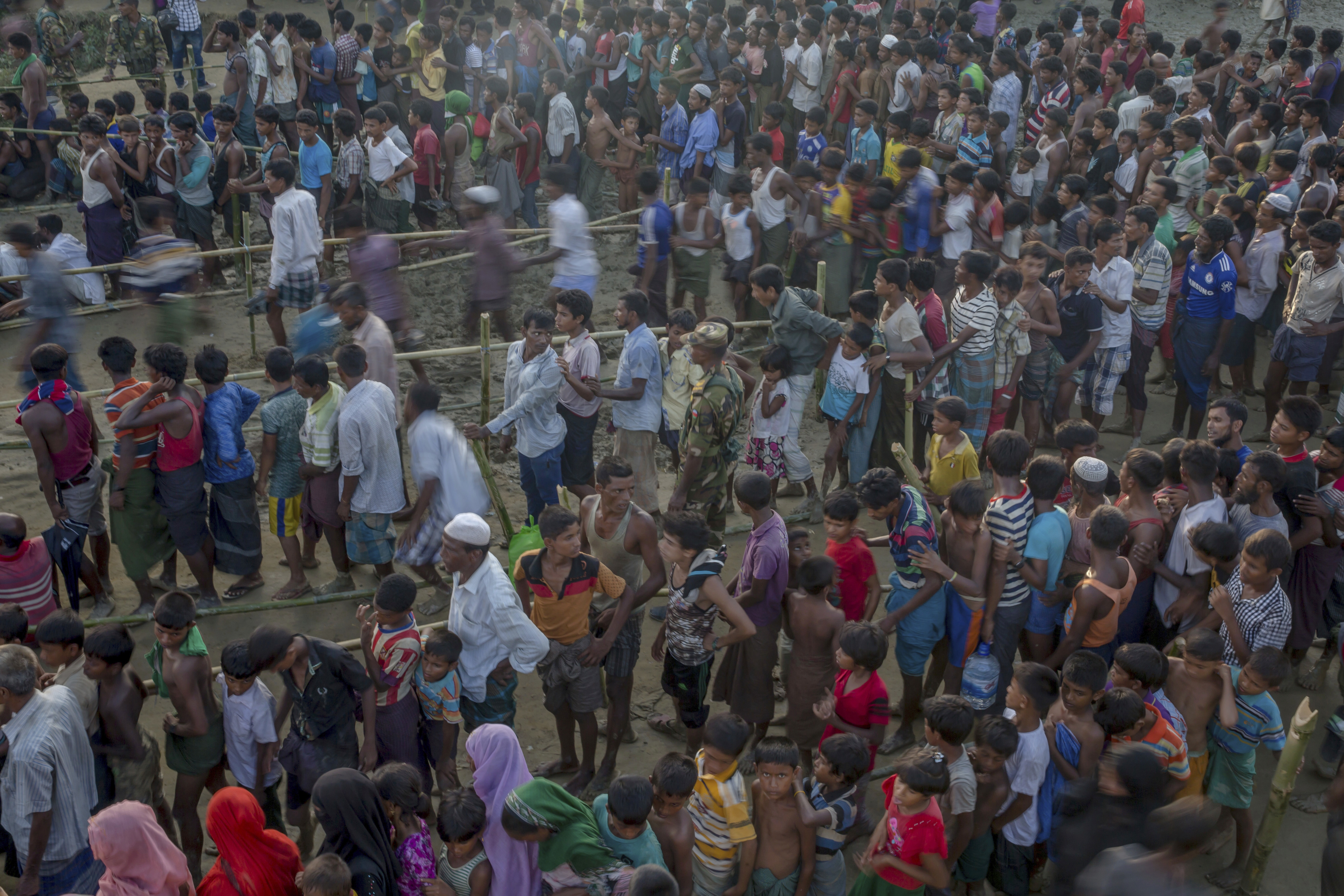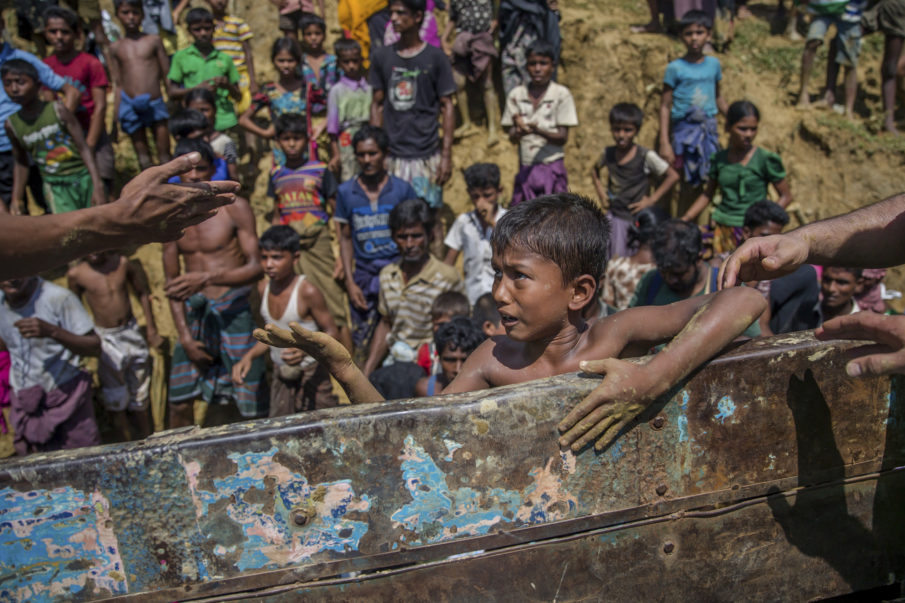When a lot of people hear about a genocide in Sudan or ethnic cleansing in Burma, they think of the violence. Human beings are capable of terrible things, and the types of things they do to each other in these situations rightfully make the headlines. Recently, Burma’s offensive toward their own Rohingya people has meant various brutal fates for many Rohingya civilians — killing 1,200 children in the first month, using rape as a weapon and burning homes with people in them. The violence has caused well over 650,000 people fleeing across the border and into neighboring Bangladesh.
This is the type of thing that people think about in the context of a genocide, and justifiably so. These are fates that many wouldn’t wish upon anyone.
However, there are other fates that befall these victims of widespread violence, beyond the violence itself. A genocide knocks out any and all infrastructure along with any semblance of society that was left behind. This includes wiping out whatever levels of healthcare they had, and that can also prove to be a great danger to many.
Dr. Jack Chamberlain has been working in Burma with the Karen people for approximately 15 years. The people he works with suffered a similar fate as the Rohingya are facing now (from the same government), but they have since managed to form a tedious cease-fire with the Burmese military.
Still, when genocide is committed a lot of the healthcare infrastructure gets knocked out. Even when the offensive targeting the Karen was raging on a few years ago, Dr. Chamberlain said that the most common killers he would see were “diarrhea, malaria and pneumonia.” He added that,
…the outcome of traumatic injuries are decided pretty quick — maybe with the exception of orthopedic injuries (broken bones). Back in the U.S., ER docs talk about the ‘golden hour,’ where the most effective medical interventions for trauma generally occur during the first hour. In a resource limited place, the resources and the patient might not meet for hours or even days. It’s absolutely just as tragic of a death, but if you’re going to put what limited resources you have into treatment, trauma might not be your first choice.”
Of course that can vary from conflict to conflict, but when the healthcare infrastructure is wiped out, people start dying of things taken for granted in the United States. Dr Chamberlain says, “When you have to run for your life in the jungle, cleanliness is a huge problem — how do you clean anything? You might not even have a clean cloth on your person. You might not have anything at all.”
That means no soap, a huge preventative method used daily in western countries. It’s very uncommon to die of diarrhea in the United States, but not so common in conflict areas where there is little or no access to treatment.
If you all of a sudden have no access to clean water, found yourself out in the torrential downpours of a climate like, say, Florida — moving through treacherous and unforgiving environments — a small cut could fester and lead to death.
Regarding vaccines (one of the things that is often taken for granted but gets knocked out in heavy conflict areas):
With the exception of safe water, no other modality, not even antibiotics, has had such a major effect on mortality reduction…”
– Plotkin S, Orenstein W, Offit P. Vaccines, 5th ed.
Already have an account? Sign In
Two ways to continue to read this article.
Subscribe
$1.99
every 4 weeks
- Unlimited access to all articles
- Support independent journalism
- Ad-free reading experience
Subscribe Now
Recurring Monthly. Cancel Anytime.




COMMENTS